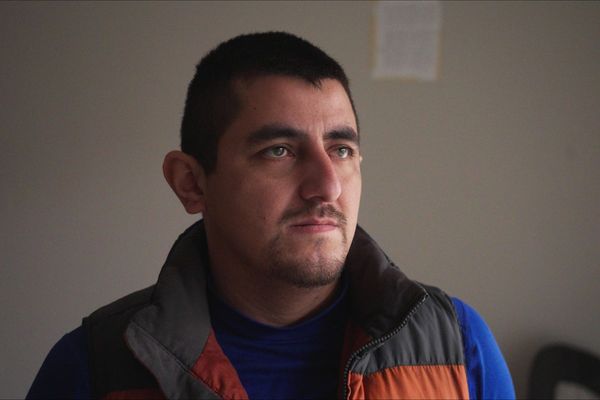
Cities across Latin America were filled with purple on Friday as hundreds of thousands of women took to the streets to mark International Women’s Day. This day comes at a pivotal moment in a region grappling with high levels of violence against women.
While some countries like Mexico are celebrating significant milestones, such as the upcoming election of a female president for the first time, others like Argentina are facing potential setbacks in women's rights with the rise of a far-right president.
Despite progress in areas like expanded access to abortion, many countries in Latin America continue to experience alarming rates of violence against women, including femicide. Statistics from the Economic Commission for Latin America and the Caribbean reveal that a woman is killed for gender-related reasons in the region every two hours.
Protests on International Women's Day saw tens of thousands of demonstrators in Mexico City and other Mexican cities, demanding justice for victims of violence. High levels of impunity in Mexico and the region mean that many cases go unsolved, leaving families like Lidia Florencio's seeking answers.





















In Argentina, where feminist movements have long been strong, recent actions by the new government have sparked concerns among activists. The closure of women's affairs ministries and anti-discrimination agencies, along with controversial statements on abortion, have fueled fears of regression in women's rights.
Despite these challenges, protesters in Argentina and across the region remain resolute in their fight for equality. The demonstrations were marked by a strong rejection of policies seen as threatening women's rights, with many emphasizing the importance of continued activism.
As Latin America grapples with these complex issues, the voices of women demanding change are growing louder, underscoring the urgency of addressing gender-based violence and advancing women's rights in the region.







